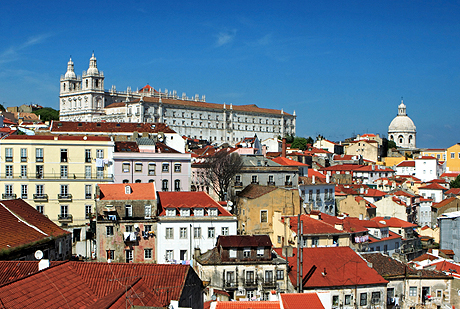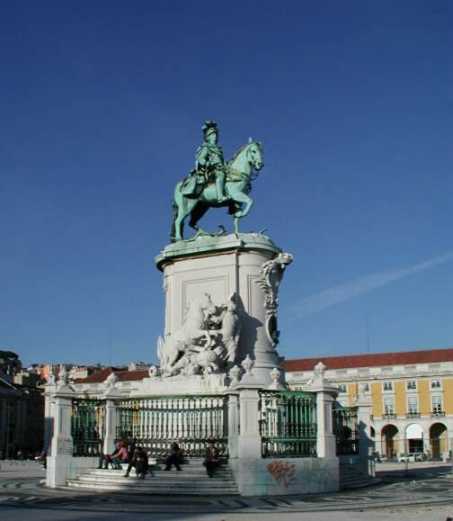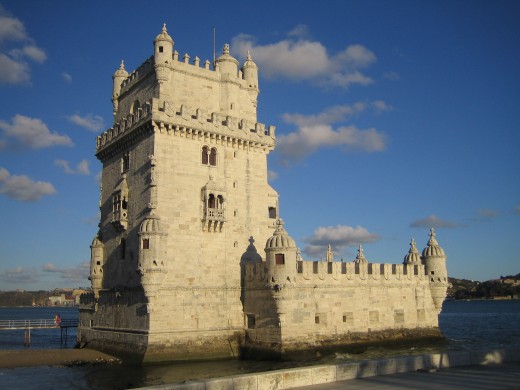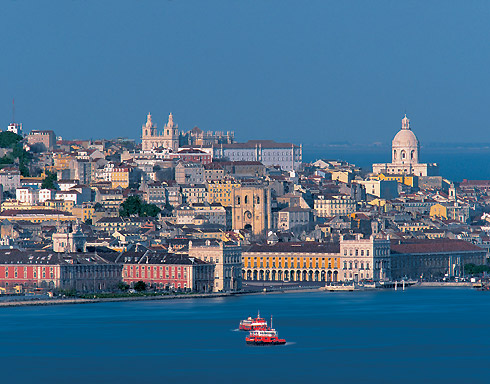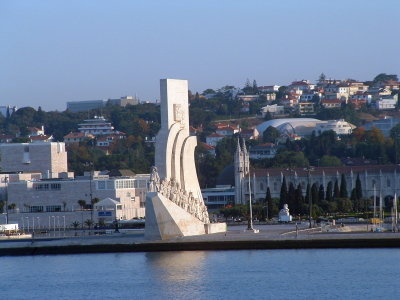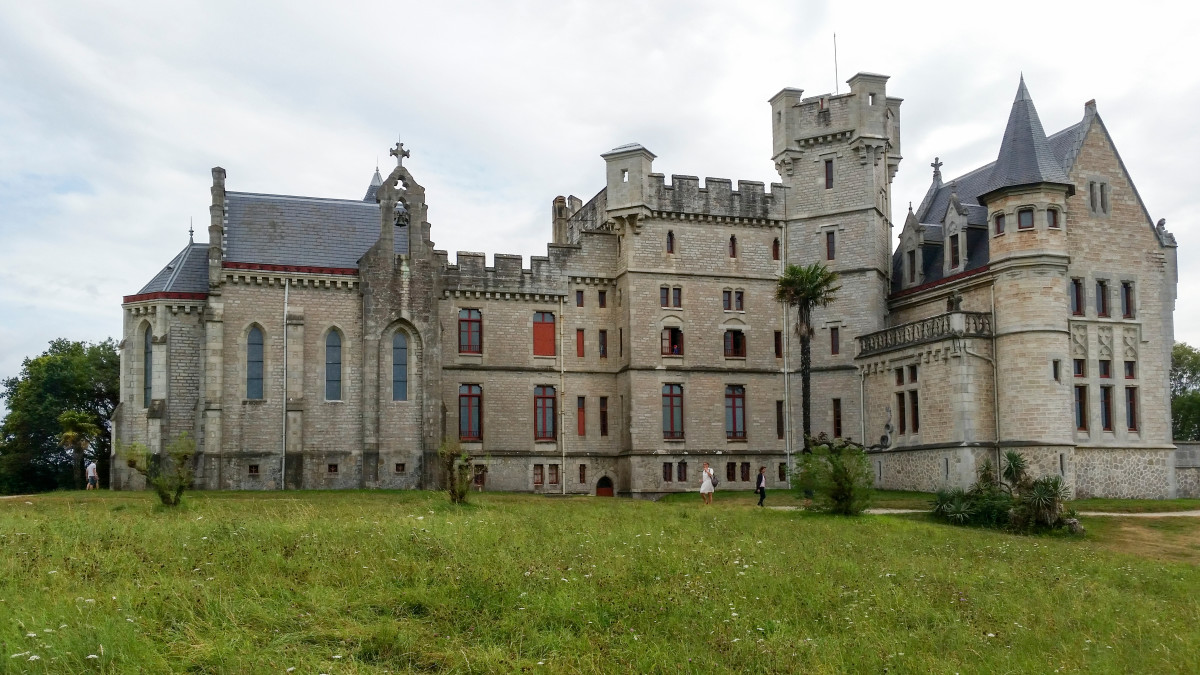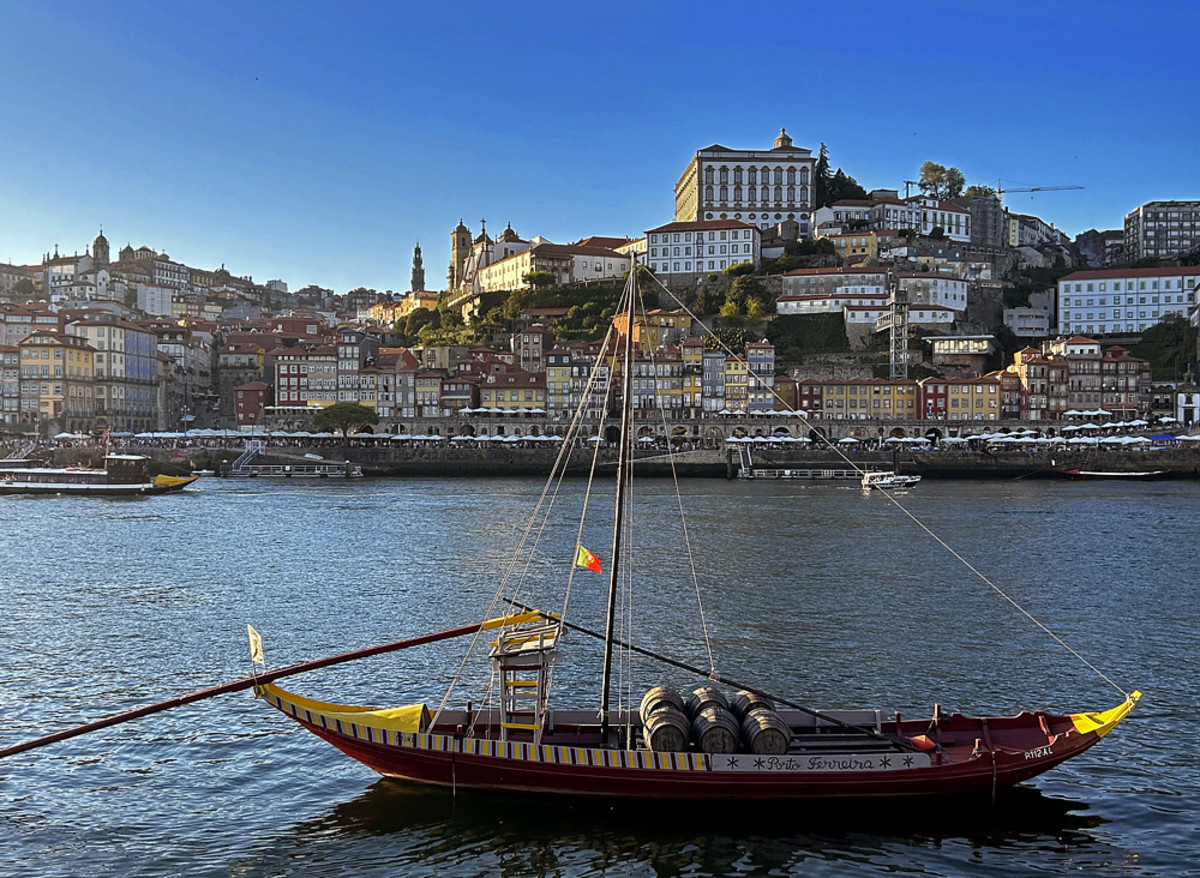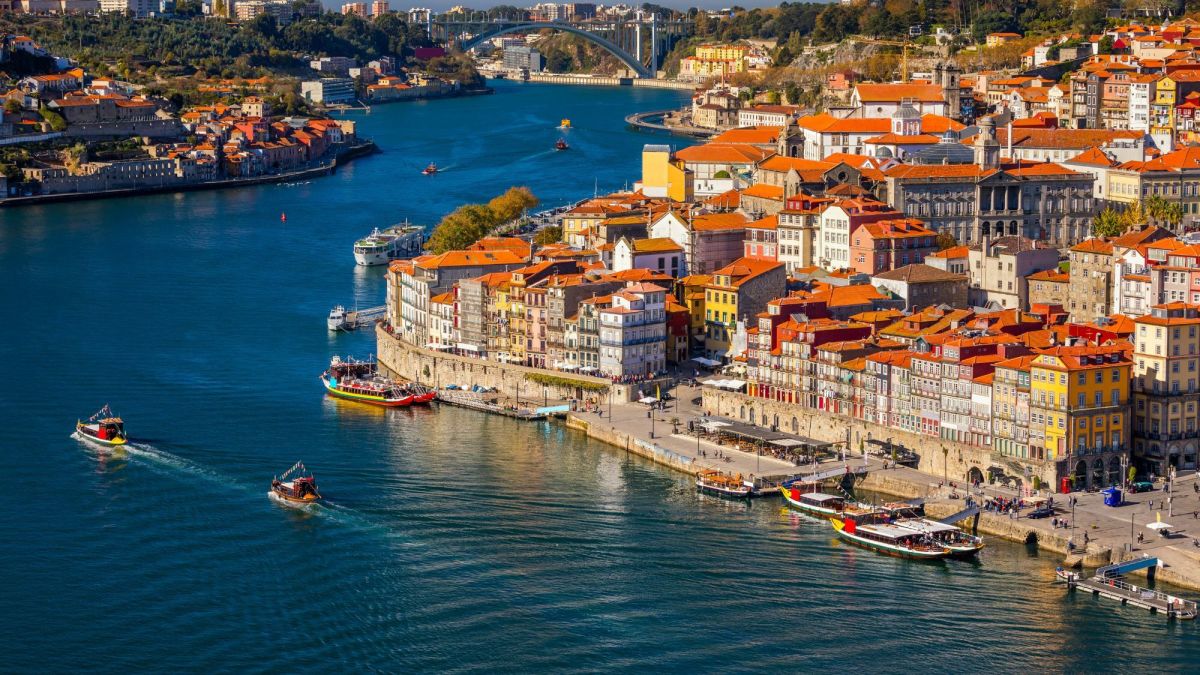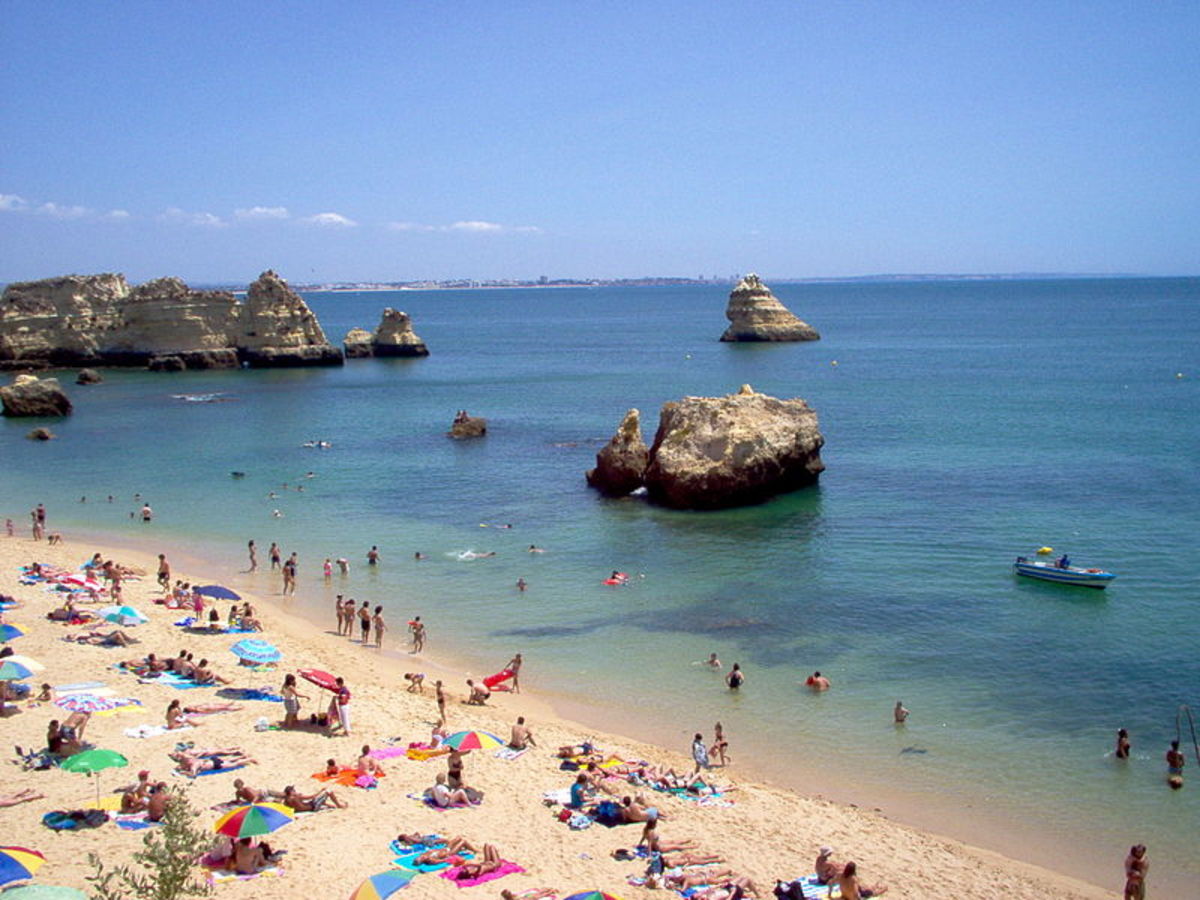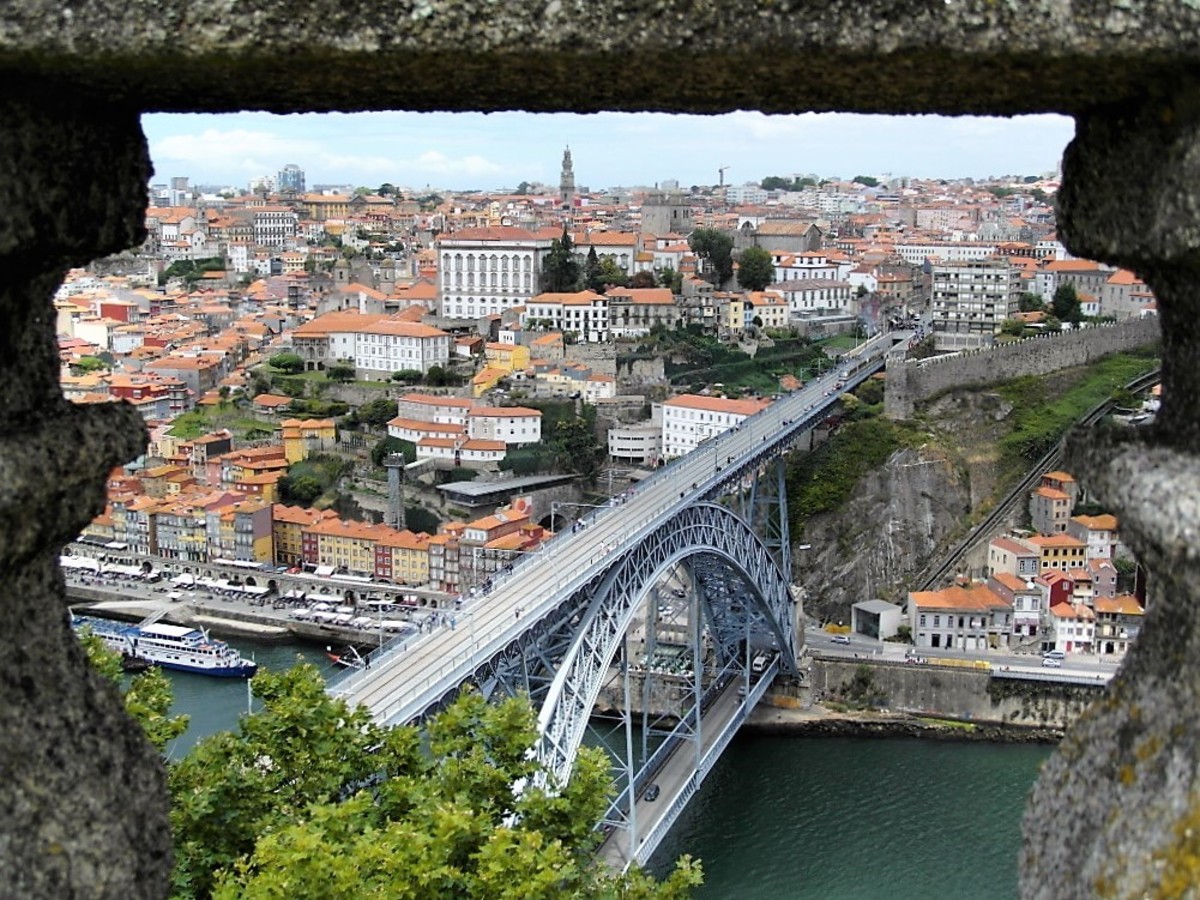Living In Lisbon
The reason why I enjoy living in Lisbon is not a singular. There are many reasons why I’ve chosen to adopt this city as my home town. The first few are personal ones – and nothing that I’m going to share with the world at large. They are my own, they are private – and despite the opinions of others, frogs are not for human consumption.
Living in Lisbon is certainly easy enough. It’s one of the most culturally rich cities in the world. I am surrounded by some incredibly stunning architecture, both past and present. Portugal, as a country, is steeped in history and has been host to some of the most intrepid sea-going adventurers the world has ever known.
The city of Lisbon itself is a hot-bed of activity – both commercial and urban communities co-exist in perfect harmony. The city dwellers are friendly, warm and interested in who you are – and why you live among them. As a whole – there are many plus points to living here, and of course there are some negatives.
But let’s check out the good stuff. There’s enough rubbish to moan about – let’s not sweat the small stuff. Non of which add up to enough reasons why you, I or anyone else should be put off living in one of Europe’s most beautiful, thriving cities.
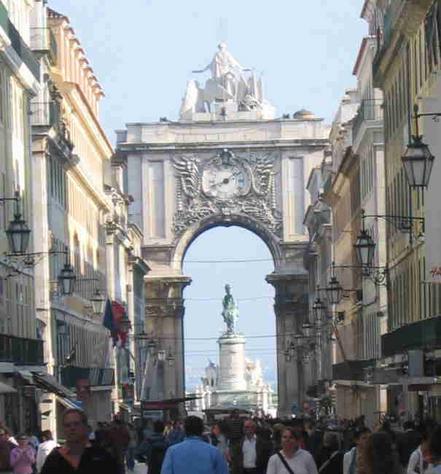

Lisbon - Portugal
Lisbon has over 20 centuries of traceable history and much of its past is reflected in its architecture, street layout and culture. Originally, it was under Roman occupation, which eventually changed to that of tribes from the Germanic areas of the continent.
After several hundred years of the Romans, and the Germanics, the Moors finally took the city back in the 8th century. They ruled for long enough to still retain an influence over the city to the present day. Some of the Portuguese language has a distinctly Arabic flavour – and the pronunciation most certainly.
I find some of the language quite difficult. The bits that involve me almost hawking (Arabic style) in the back of my throat are the parts that I struggle with the most - usually I don’t quite execute the word so much as end up wanting to spit …
The historical Alfama district still contains architectural evidence of Muslim occupation and the name itself is derived from its original Arabic name of Al-Hamma. By the 12th century, the country was back under Christian rule, courtesy of the crusade involving Alfonso I and his knights.
During later centuries, Lisbon went through a period whereby valiant men set forth to discover and conquer other nations. Aptly called the ‘Age of Discovery’, the famed Vasco de Gama set forth upon the seas and consequently, Portugal became one of the richest countries in Europe, if not the world.
Lisbon became the centre for trade and commerce and slowly built upon its riches. This all came crashing down in November of 1755, when the Lisbon earthquake took a vast toll upon not only the city but the country as a whole.
To date, the earthquake is thought to be one of the strongest ever experienced in recordable history. A direct consequence of the catastrophe brought the country to its knees, financially.
But for the earthquake, it’s likely that the way the country was heading during the 16th century that it would have continued to grow in terms of financial wealth and strength.
For me, both the triumphs and the tragedies of Lisbon create more allure. I love history, I enjoy hearing about victory over adversity. I love how the people I meet have such a naked pride about their country.
Lisbon exudes history, victory and pride. It's everywhere - in the streets, monuments, architecture and people. Another reason why living in Lisbon is oft times a pleasure.

Lisbon Today
Lisbon today still holds onto its past. The inhabitants celebrate the triumphs of their ancestors and much of their history - which can be found within the lyrics of Fado, a hauntingly beautiful form of music that recounts the days when women were left, weeping on the shores, as their men sailed out to sea.
The downtown area remains largely as it was rebuilt, post the 1755 Lisbon earthquake. The style is known as ‘Pombaline’ and named after Sebastião José de Carvalho e Melo, 1st Marquês de Pombal - the man responsible for the rebuilding of Lisbon.
From the glorious Praça do Comércio to the wonderfully meandering, confusing and maze-like streets of Bairro Alto, to the Alfama district and Northeast to the dramatic, contemporary architecture of the Parque das Nações, Lisbon of today holds many delights. As well as many cool and tasty pastries.
Living in Lisbon really is easy. It’s the language that wrinkles my flippers.


- European Portuguese Language Software
This software was the basis upon which I founded my Portuguese. I'm still a long way from fluent but I'm at least approaching a level whereby I can make myself understood. A great piece of software - if you're looking to learn the language.


Lisbon, Language And Lost In Translation
Living in Lisbon means many things to me - most of them are wonderful ... reasons to be cheerful. One or two are not so. The first is the missing of my family. The Portuguese have a word for such a feeling ... 'saudades'.
There is no direct translation for its meaning. It can be longing, yearning, missing, nostalgia, a hauntingly melancholic feeling … a desire for someone or something you need so badly it’s almost tangible. Yet tinged with a depth of love that’s equally difficult to describe.
The second difficulty I have with living in Lisbon is the language. If ever I meet a Portuguese man or woman that doesn’t swallow consonants and vowels with wild abandon, I’ll let you know. I am of the mind that ignoring important letter placement or simply scarfing down random vowels is a national past time.
Along with cake scoffing a beer drinking.
What tickles me about the Portuguese is their reaction to my attempts to murder what really is a beautiful language. Whenever I find myself in a public forum (read: a bank, a chemist, a café – not really a public forum but as far as the Portuguese are concerned, they may as well be) I can positively feel the ears of my queue companions twitching.
I am not a native therefore I cannot talk like one. This appears to elicit two responses from my fellow city dwellers:
- They watch on, indulgently. I always feel like a two year old saying a sentence for the first time. Most appear to view my attempts as ‘cute’ …
- They will try and help me pronounce their language correctly. Cue me, hawking and ‘shushing’ accordingly. Note not successfully. I usually attempt to point out that they do not speak English with an English accent but this is often of little or no importance to a native Portuguese
I have endured some excruciatingly embarrassing moments, whereby I have somehow conveyed the wrong message to whoever I’m trying to talk to. One time springs to mind.
I suffer occasional bouts of IBS. I mustered up enough Portuguese words to attempt to convey my pain and suffering to a local pharmacist. Unfortunately, wires got crossed. That would be that my neurons were not firing on all cylinders.
Having entered a local chemist, I waited my turn. Bu this time, the place had a few old ladies hanging around. I started by explaining I was English (and an idiot) and plunged straight into my ‘little’ problem.
Unfortunately I discovered (rapidly) that I’d said something wrong. Five minutes later, I descended into verb hopping, charades and pointing. At which point the pharmacist appeared somewhat enlightened and wandered off.
The ladies to my left were utterly rapt. I wondered why.
I discovered the object of their captivation when the pharmacist returned with some haemorrhoid medication. It appeared that I’d managed to convince him (and my audience) that the problem was with my arse. He put two and two together and diagnosed my problem as being something to do with hemorrhoids.
I was too mortified to object and besides which, I’d lost the will to live, not just talk. My audience looked on with a mixture of abject pity and mirth. After all, they’d reached 70 odd and their arses were intact and working just fine.
Unlike the poor English womans’ …
Humor aside – it’s a politeness to learn the language of the country you may find yourself dwelling within. On top of that, adapting to the culture is another important factor. No one likes an arrogant comer-inner --- most especially the Portuguese.





Living In Lisbon In A Nutshell
In short, there are many reasons why I enjoy living in Lisbon. The Lisboetas are happy, amicable people. They live their lives in a way that is not intended to become detrimental to yours.
They leave you and your business alone. They don’t pry or offer meaningless platitudes. They’re warm and inviting, once they get to know you. Some are helpful beyond measure – if they think there’s something they can help you with.
They pass their days, working hard and their evenings and weekends are often spent with family and friends – entertaining and enjoying each other’s company. Although I remain unaware of where my future will lead me, for now, I'm happy with my choice of home.
But for my lack of contact with my family, Portugal and Lisbon would be my preferred choice, over my home town in the UK.
If ever you do decide to take the plunge and move to Portugal, be assured that you'll be living among some of the warmest, heartiest and proudest people in the world.

